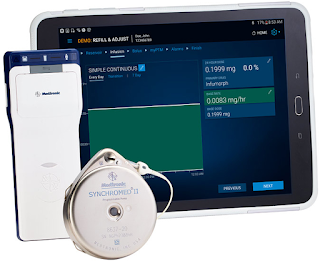How the Immune System Works with the Brain
Sight, hearing, touch, taste, smell, body awareness (formally, proprioception): six of the widely recognized senses in our bodies that help tell us about the world around us. Yet we have other senses as well. And now meet our surprising latest detector: the immune system. What's that you say? The anatomy textbooks show that the brain and the immune system are almost completely isolated from each other? I thought so, too. But, as usual, researchers probing the world have turned up some fresh insights about how things work.
In our cover story, “The Seventh Sense,” neuroscientist Jonathan Kipnis describes the relationship between the nervous and immune systems. “Mounting evidence indicates that the brain and the immune system interact routinely, both in sickness and in health,” he writes. The immune system may “qualify as a kind of surveillance organ that detects microorganisms in ... the body and informs the brain about them, much as our eyes relay visual information and our ears transmit auditory signals.”
So science giveth, but sometimes it also taketh away. For instance, “Is Dark Matter Real?” ask theoretical physicist Sabine Hossenfelder and astrophysicist Stacy S. McGaugh. This invisible type of matter is thought to accompany the normal matter in the universe to explain how stars orbit in galaxies and how galaxies move in clusters. But astrophysicists have made numerous observations that are difficult to explain with theories about dark matter. Perhaps there's more to gravity than Einstein taught us? The idea that gravity may need to be modified is not widely held, but like the once unquestioned belief in the separation between the brain and immune system, maybe the area is worth a second look.


Comments
Post a Comment